Open-source tools
Recent articles
‘Unprecedented’ dorsal root ganglion atlas captures 22 types of human sensory neurons
The atlas also offers up molecular and cellular targets for new pain therapies.
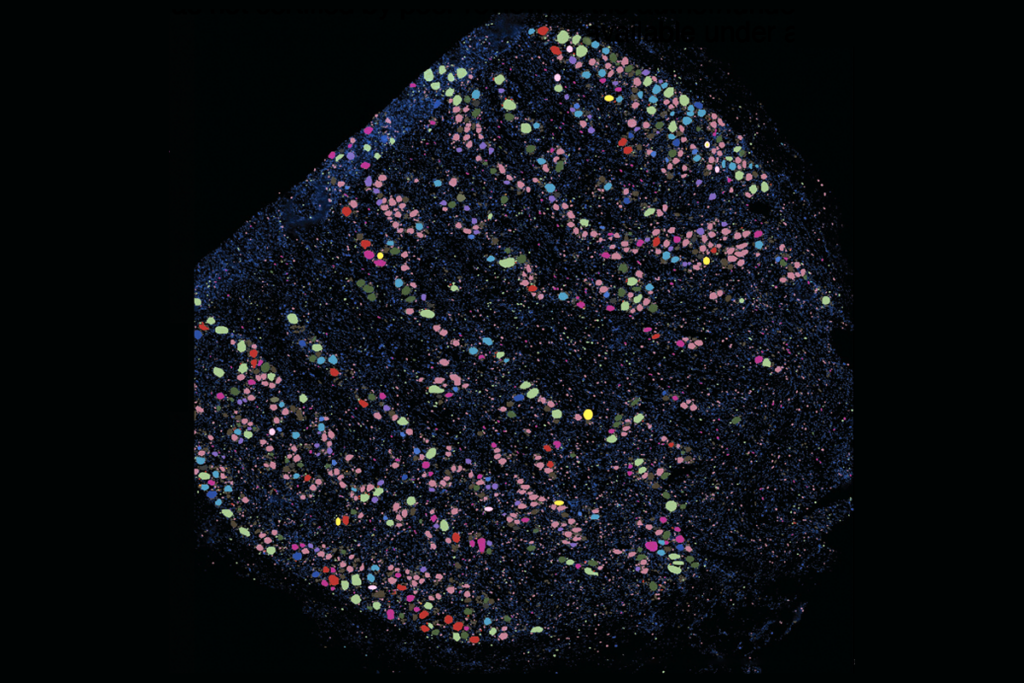
‘Unprecedented’ dorsal root ganglion atlas captures 22 types of human sensory neurons
The atlas also offers up molecular and cellular targets for new pain therapies.
New organoid atlas unveils four neurodevelopmental signatures
The comprehensive resource details data on microcephaly, polymicrogyria, epilepsy and intellectual disability from 352 people.

New organoid atlas unveils four neurodevelopmental signatures
The comprehensive resource details data on microcephaly, polymicrogyria, epilepsy and intellectual disability from 352 people.
Neurophysiology data-sharing system faces funding cliff
After the primary grant supporting Neurodata Without Borders ends in March 2026, the platform may no longer be maintained or kept up to date.
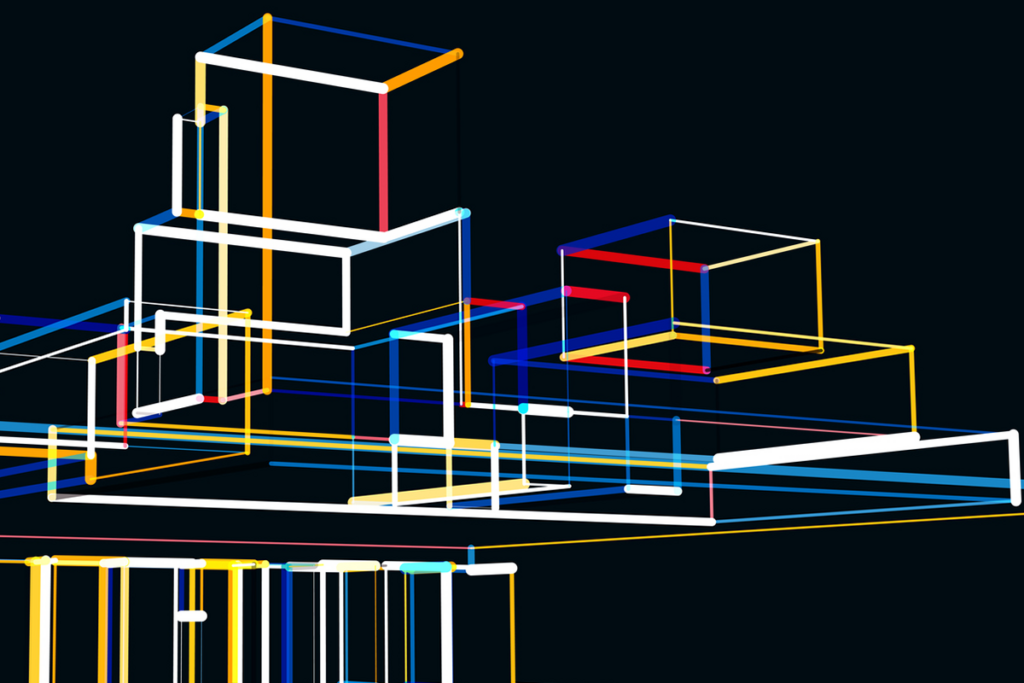
Neurophysiology data-sharing system faces funding cliff
After the primary grant supporting Neurodata Without Borders ends in March 2026, the platform may no longer be maintained or kept up to date.
FlyBase funding squashed amid Harvard grant terminations
The team behind the Drosophila genetics database is now requesting donations from labs to keep the resource afloat.
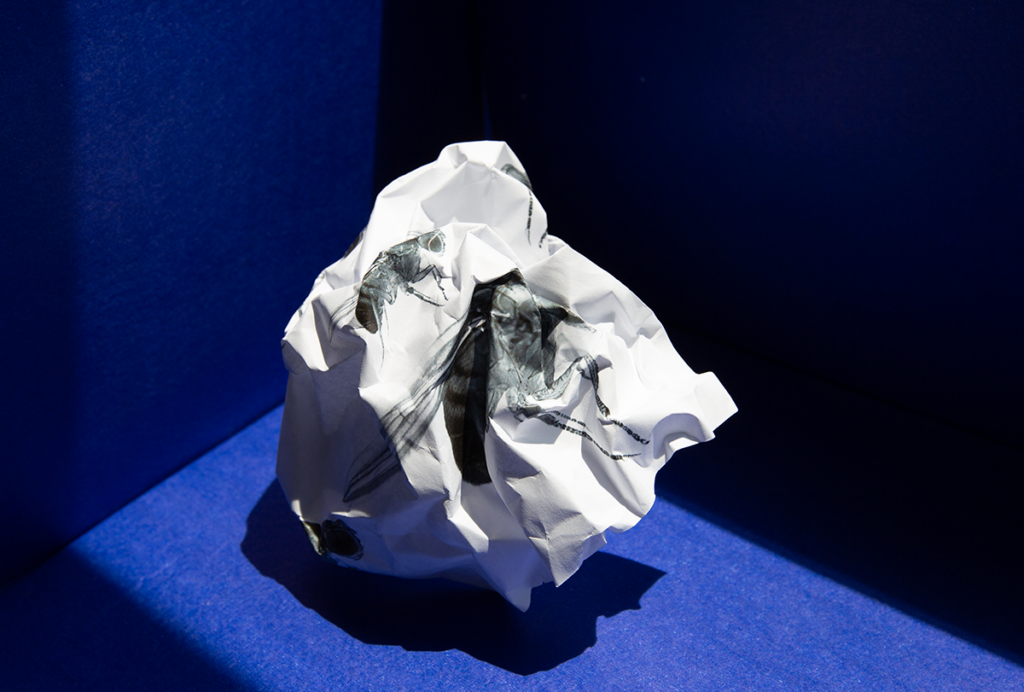
FlyBase funding squashed amid Harvard grant terminations
The team behind the Drosophila genetics database is now requesting donations from labs to keep the resource afloat.
Sharing Africa’s brain data: Q&A with Amadi Ihunwo
These data are “virtually mandatory” to advance neuroscience, says Ihunwo, a co-investigator of the Brain Research International Data Governance & Exchange (BRIDGE) initiative, which seeks to develop a global framework for sharing, using and protecting neuroscience data.
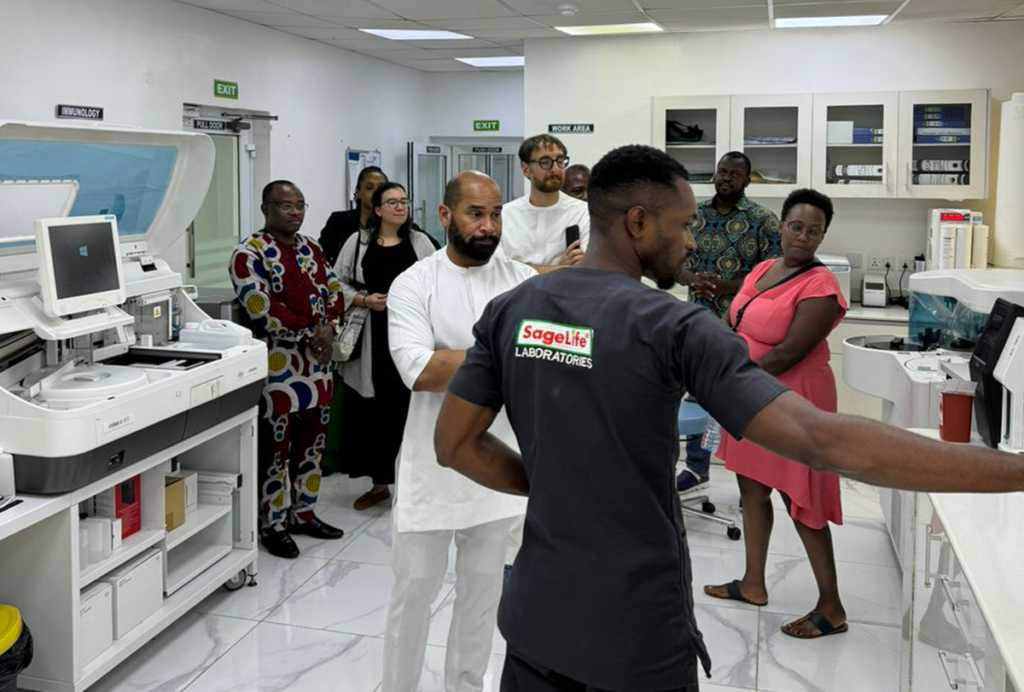
Sharing Africa’s brain data: Q&A with Amadi Ihunwo
These data are “virtually mandatory” to advance neuroscience, says Ihunwo, a co-investigator of the Brain Research International Data Governance & Exchange (BRIDGE) initiative, which seeks to develop a global framework for sharing, using and protecting neuroscience data.
AI tool estimates social ability by analyzing speech
The system’s code and training data—drawn from one of the largest databases of speech recordings from autistic people—are openly available.
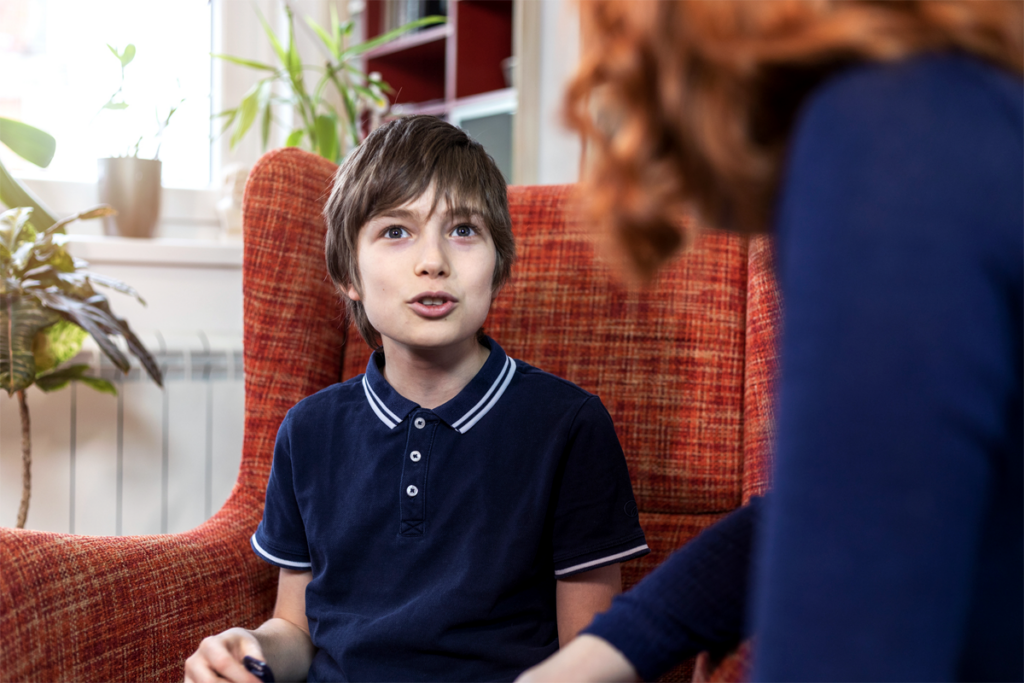
AI tool estimates social ability by analyzing speech
The system’s code and training data—drawn from one of the largest databases of speech recordings from autistic people—are openly available.
The S-index Challenge: Develop a metric to quantify data-sharing success
The NIH-sponsored effort aims to help incentivize scientists to share data. But many barriers to the widespread adoption of useful data-sharing remain.
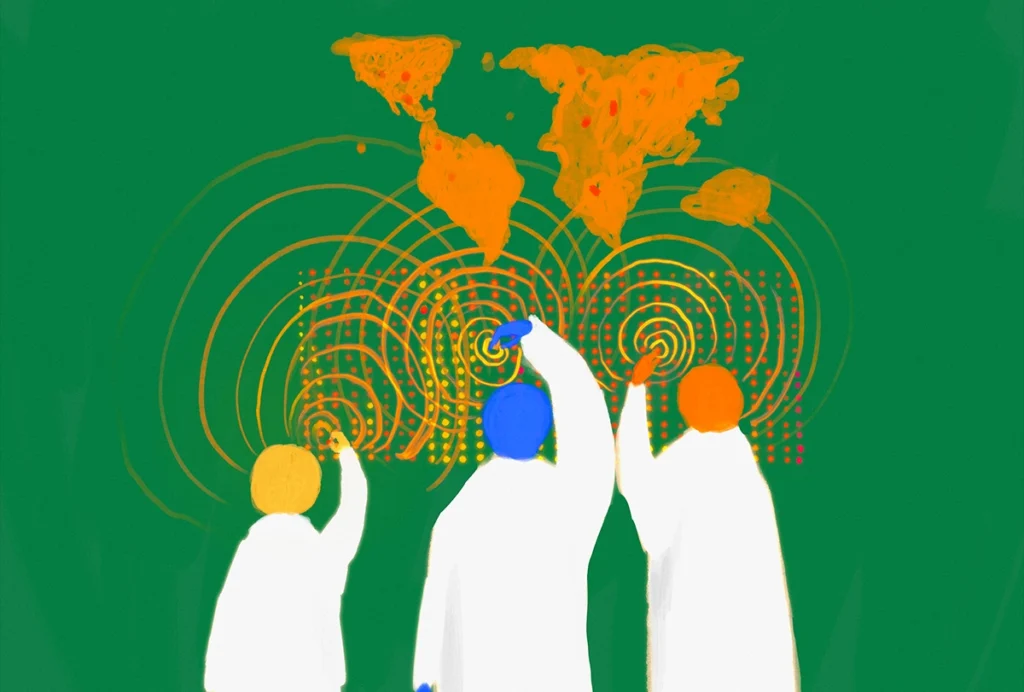
The S-index Challenge: Develop a metric to quantify data-sharing success
The NIH-sponsored effort aims to help incentivize scientists to share data. But many barriers to the widespread adoption of useful data-sharing remain.
New ‘decoder’ tool translates functional neuroimaging terms across labs
The compendium of brain-parcellation atlases makes it possible to compare large-scale network data, which often involves different and overlapping network names.
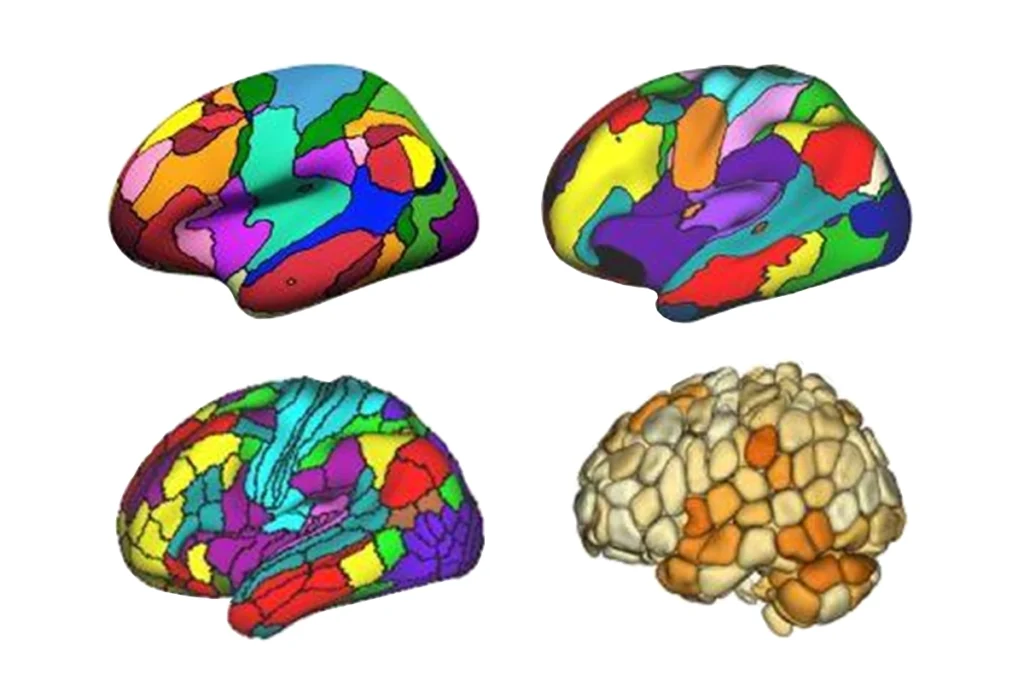
New ‘decoder’ tool translates functional neuroimaging terms across labs
The compendium of brain-parcellation atlases makes it possible to compare large-scale network data, which often involves different and overlapping network names.
10 standards for brain electrode-array recordings enhance reproducibility
Electrophysiology findings can vary widely from lab to lab, even among those using identical protocols. New guidelines set forth in a preprint should help.
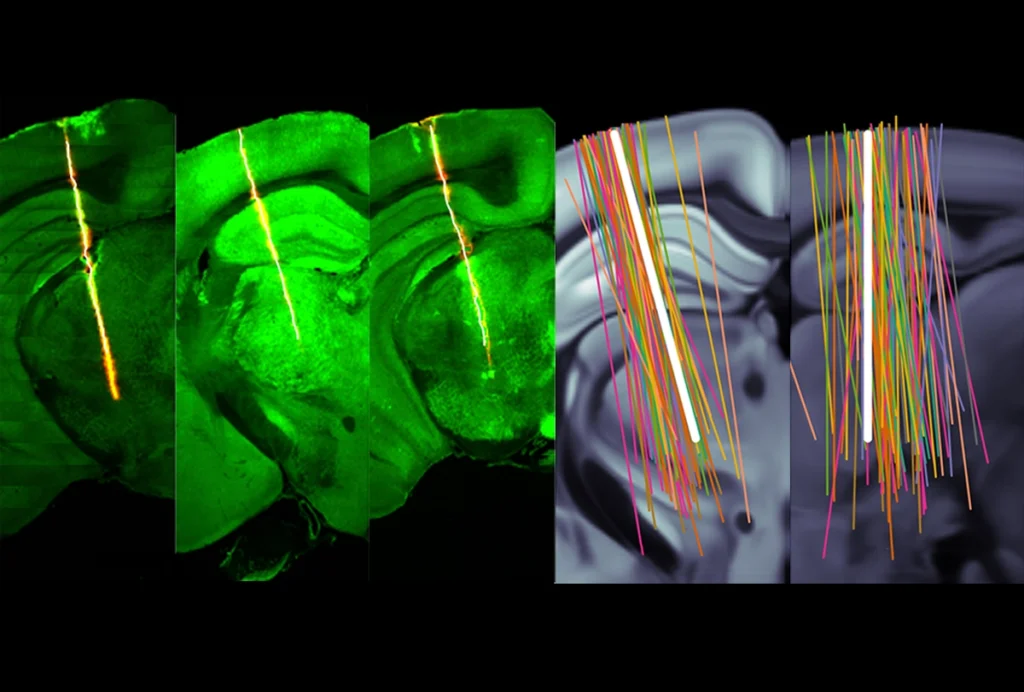
10 standards for brain electrode-array recordings enhance reproducibility
Electrophysiology findings can vary widely from lab to lab, even among those using identical protocols. New guidelines set forth in a preprint should help.
Designing an open-source microscope
Funding for the development of open-source tools is on the rise, but support for their maintenance and dissemination, both crucial for their meaningful uptake, remains a major challenge.
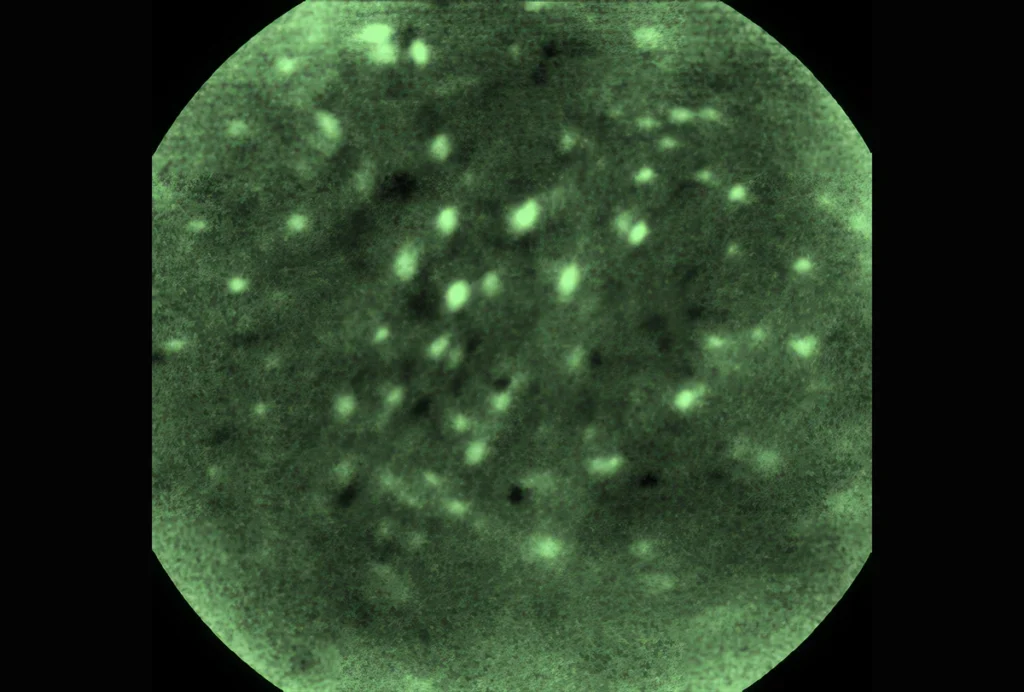
Designing an open-source microscope
Funding for the development of open-source tools is on the rise, but support for their maintenance and dissemination, both crucial for their meaningful uptake, remains a major challenge.
Explore more from The Transmitter
Lack of reviewers threatens robustness of neuroscience literature
Simple math suggests that small groups of scientists can significantly bias peer review.

Lack of reviewers threatens robustness of neuroscience literature
Simple math suggests that small groups of scientists can significantly bias peer review.
Dendrites help neuroscientists see the forest for the trees
Dendritic arbors provide just the right scale to study how individual neurons reciprocally interact with their broader circuitry—and are our best bet to bridge cellular and systems neuroscience.

Dendrites help neuroscientists see the forest for the trees
Dendritic arbors provide just the right scale to study how individual neurons reciprocally interact with their broader circuitry—and are our best bet to bridge cellular and systems neuroscience.
Two primate centers drop ‘primate’ from their name
The Washington and Tulane National Biomedical Research Centers—formerly called National Primate Research Centers—say they made the change to better reflect the breadth of research performed at the centers.

Two primate centers drop ‘primate’ from their name
The Washington and Tulane National Biomedical Research Centers—formerly called National Primate Research Centers—say they made the change to better reflect the breadth of research performed at the centers.